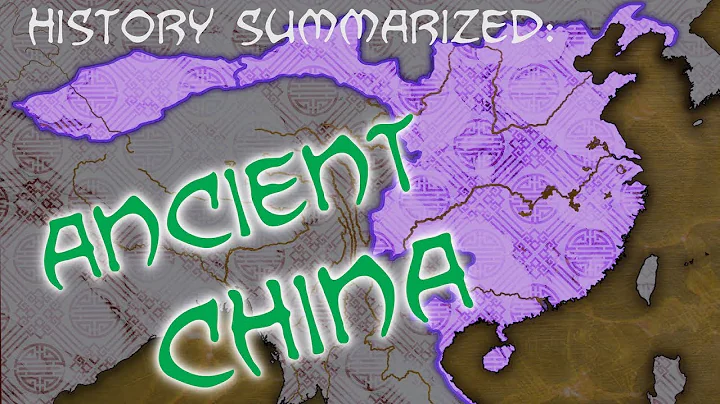In September 1954, the First National People's Congress was held in the capital Beijing. At this meeting, our party not only elected the President of the Supreme People's Court and the Supreme People's Procuratorate Chief Prosecutor, but also conducted inspections on the departments of the State Council. Adjusted. At that time, the Ministry of Heavy Industry, which was in charge of my country's non-ferrous metals, steel and machinery, was renamed the Ministry of Heavy Industry of the People's Republic of China, and continued to lead my country's industrial production.
After the reorganization of the Ministry of Heavy Industry, Comrade Wang Heshou served as Minister of Heavy Industry for a long time. In May 1956, the Ministry of Heavy Industry was abolished, and Wang Heshou was appointed Minister of Metallurgical Industry.

As a ministerial cadre of our country, Comrade Wang Heshou was also very legendary in his life. During the revolutionary years, he was not only Chen Yun’s political secretary, but also served as the Secretary of the Heilongjiang Provincial Committee of our Party, and made great contributions to the liberation and industrial development of Northeast my country. made important contributions.
Wang Heshou was born on April 19, 1909, in Tang County, Baoding, Hebei Province.
Wang Heshou pursued progress in his youth. When he was 14 years old, he was admitted to Baoding Zhili Second Normal School. At the age of 16, he joined the Communist Party of China. At that time, the Beijing-Tianjin area was ruled by the Zhili clique warlords and the Fengcian warlords. In order to oppose the warlords, Wang Heshou secretly engaged in party propaganda activities in Tang County and served as the secretary-general of the China Railway Federation.
Being engaged in the labor movement means being prepared to sacrifice at any time. This is a great test for Wang Heshou, who is not yet 20 years old. However, none of this troubled Wang Heshou. Under the leadership of the organization, Wang Heshou not only established multiple trade unions and farmers' associations on the Beijing-Tianjin main line, but also became the core of workers' leadership. In 1927, under the instruction of Wang Hebo, secretary of the Northern Bureau, Wang Heshou , Wang Heshou transferred to Sun Yat-sen University in Moscow, Soviet Union to study.
Wang Heshou studied in the Soviet Union for more than a year. After returning to China in 1928, he went to the Northeast to continue his work in the labor movement, and successively served as secretary of the Manchuria Provincial Committee of the Communist Youth League, director of the Central Youth League School of the Communist Youth League, and secretary of the Fushun Special Branch of the Communist Youth League. During this period, Japanese imperialism intensified its invasion of Northeast my country. In order to fight back against the Japanese invaders, Wang Heshou, Luo Dengxian, Liao Ruyuan and others reorganized the provincial party committee. While they organized the masses to carry out strikes and market strikes, they also sent backbone party members to go deep into the grassroots level. , secretly formed the anti-Japanese guerrillas . Finally, under their leadership, the Northeast Anti-Japanese Allied Forces gradually developed.
In 1931, Wang Heshou returned to Guannei and served as the Organization Minister of the Hebei Provincial Committee of the Communist Youth League and the Secretary of the Tianjin Municipal Committee of the Communist Youth League. In 1933, because of his work in the youth movement, he was unfortunately arrested and imprisoned for a long time in prisons such as Beijing, Peiping and Tianjin.
Wang Heshou has always been the person in charge of our Pingjin Youth Movement during the Agrarian Revolution. Although he was arrested repeatedly, his revolutionary will has not diminished and he still enjoys the trust of the party. After the outbreak of the Anti-Japanese War, Wang Heshou was successfully released and transferred to Yan'an. During this period, he was re-elected as the chief of the Cadre Section of the Central Organization Department, a member of the Central Cadre Education Committee and a member of the Central Transportation Committee, and became Chen Yun's political secretary. .

Comrade Chen Yun is an economic expert of our party. Since Wang Heshou became his secretary, he has fully assisted him in economic and trade work and transportation work. At that time, the economy of Shaanxi, Gansu and Ningxia was very backward. Due to the Kuomintang's blockade, many urgently needed medicines and daily necessities could not be transported to the border areas. In order to solve this difficulty, Wang Heshou led comrades from the Transportation Committee to the grassroots. He not only took the lead in reclamation and production, but also A number of secret communication lines were also established through various means.
Through this method, our Shaanxi-Gansu-Ningxia Border Region finally got in touch with the outside world, and the border region also passed the most difficult period.
After the victory of the Anti-Japanese War, Wang Heshou went to Northeast China as a member of the Northeast Bureau and served as Secretary of the Heilongjiang Provincial Working Committee of the Communist Party of China, Secretary of the Heilongjiang Provincial Party Committee, Political Commissar of the Bei'an Military Region, and Minister of Industry of the Northeast People's Government. During this period, bandits were infested in Heilongjiang Province, and many industrial products could not be produced. However, Wang Heshou just opened up a world for Northeast industry. He not only fully restored the infrastructure of Heilongjiang Province, but also seized the key point of Anshan Iron and Steel and took the lead in establishing Northeastern Institute of Technology.
After more than three years of hard work, Northeast industry has developed rapidly, and Northeast finance has also increased year by year.
Wang Heshou's hard work during the Anti-Japanese War and the War of Liberation laid a good foundation for him to subsequently preside over the national industrial production. After 1952, he served as the fourth minister of the Ministry of Heavy Industry and became the fifth leader in heavy industry after Li Fuchun, He Changgong, Liu Ding and Lai Jifa.
Wang Heshou worked hard for my country's industrial production. After the Ministry of Heavy Industry was abolished in 1956, he was re-elected as Minister of the Ministry of Metallurgical Industry, Director of the National Construction Commission, and First Secretary of the Anshan Municipal Party Committee. During his tenure, he went to the grassroots level many times to guide production, adhered to the party's adjustment policy, and made outstanding contributions to the national industrial development.

After the Third Plenary Session of the 11th Central Committee of the Communist Party of China, Wang Heshou returned to work and served as deputy secretary of the Central Commission for Discipline Inspection. During this period, in the name of the Standing Secretary of the Discipline Inspection Commission, he, together with Hu Yaobang, Ma Guorui, Wang Congwu and others, led the work of redressing unjust, false and erroneous cases, and was highly praised by the then Party Central Committee.
In March 1999, Wang Heshou died of illness in Beijing at the age of 90.
Wang Heshou is a low-key person. He always studies hard and firmly supports and implements the party's basic line. He has made great contributions to the development of my country's heavy industry and will always be praised and remembered.
Comrade Wang Heshou is not only famous throughout the country, but his descendants have also made extraordinary achievements. His niece Wang Kun is a nationally renowned singer and has served as a member of the 7th and 8th National Committee of the Chinese People's Political Consultative Conference. Wang Kun was the winner of my country's first Golden Disc Award. The first opera she participated in, "The White-Haired Girl", was also well-known to people across the country. On November 21, 2014, Wang Kun died of illness at the age of 89 age.


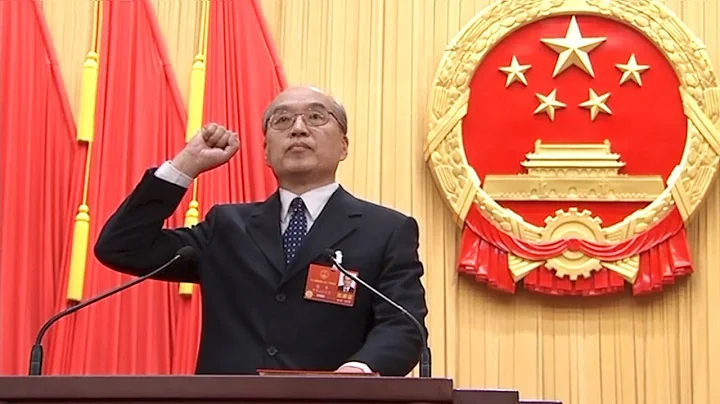

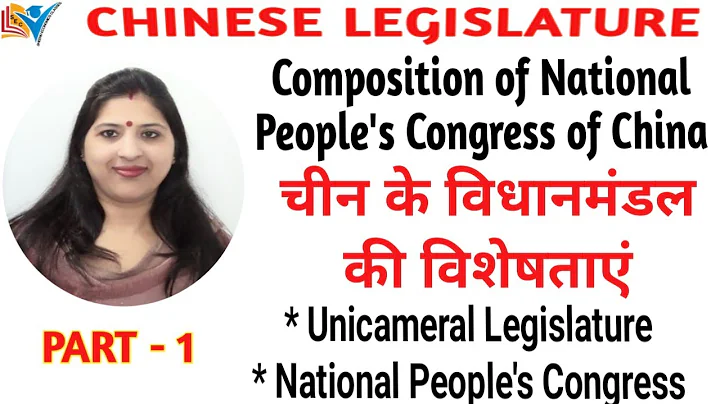

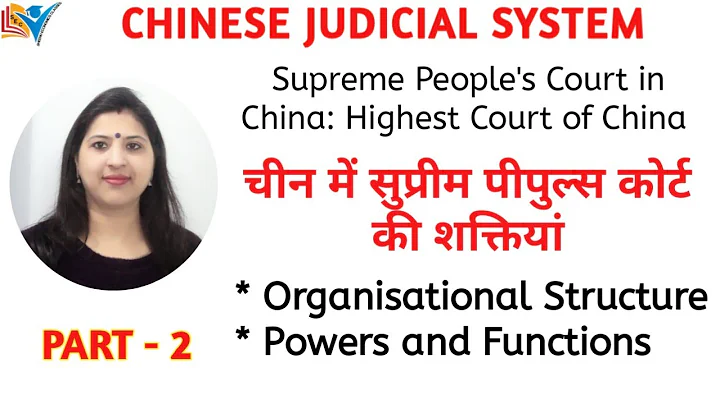
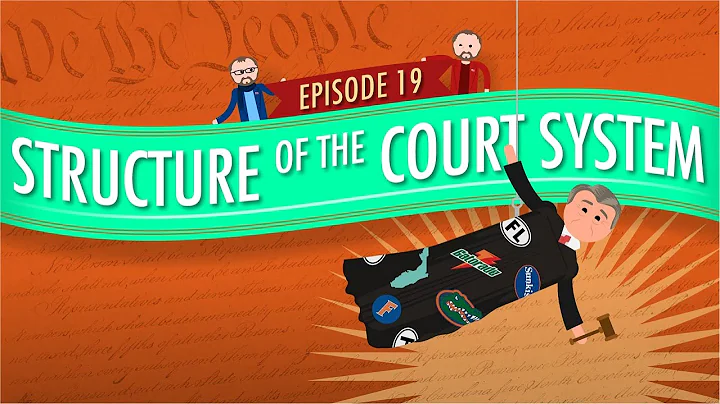

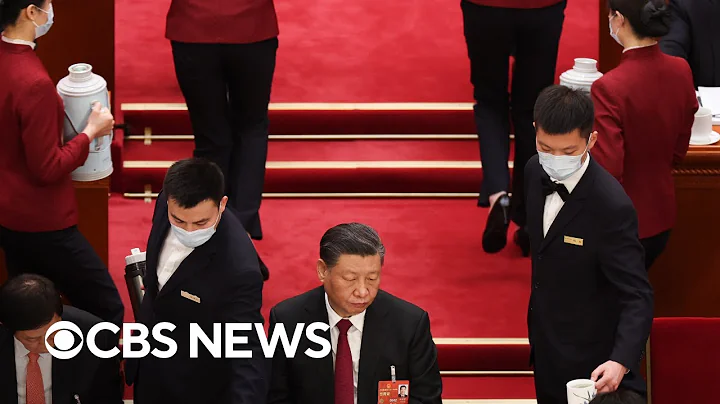
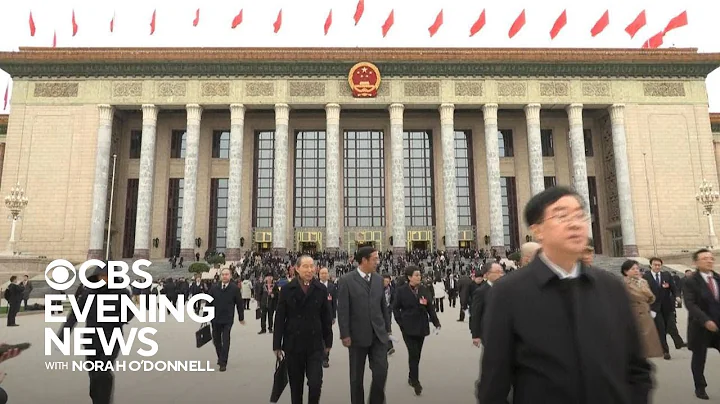

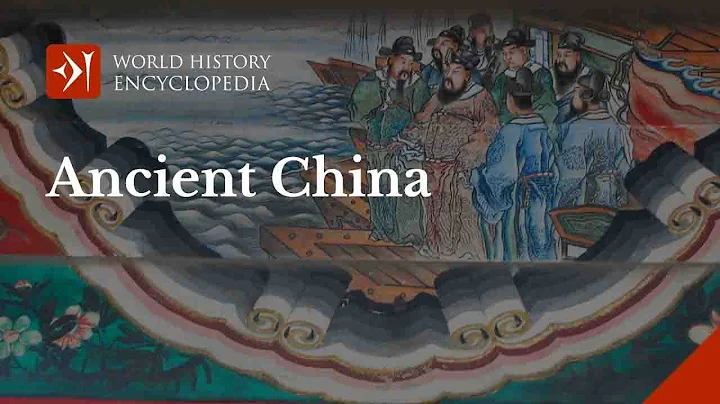

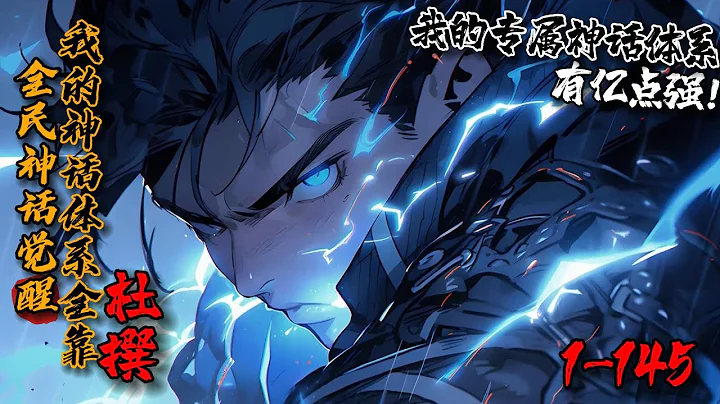
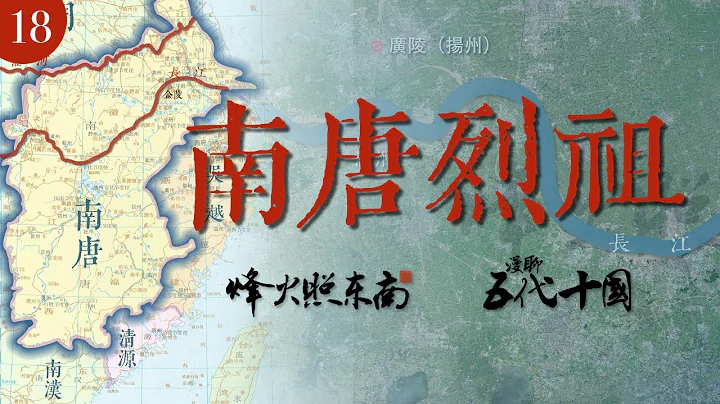
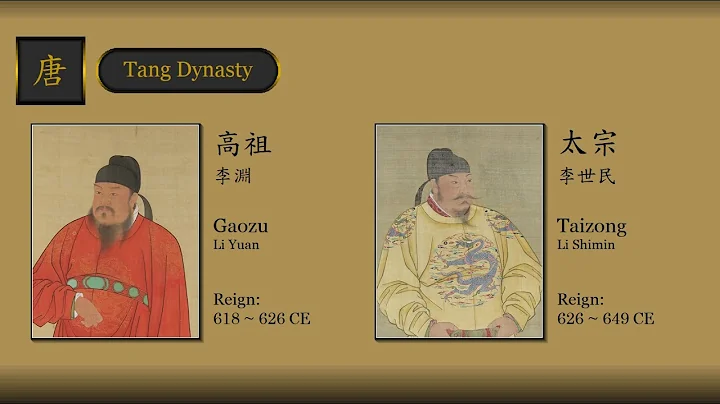
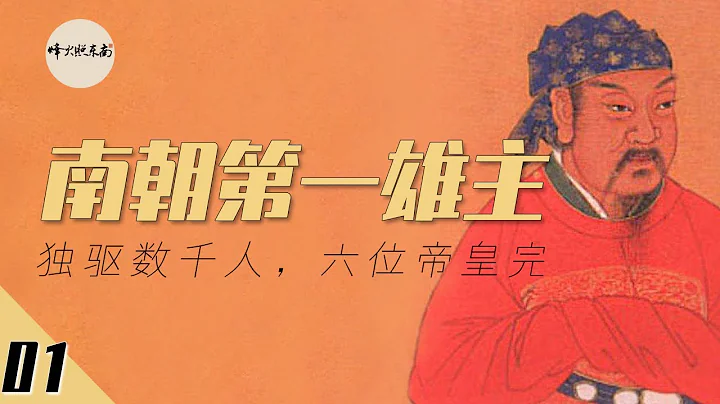
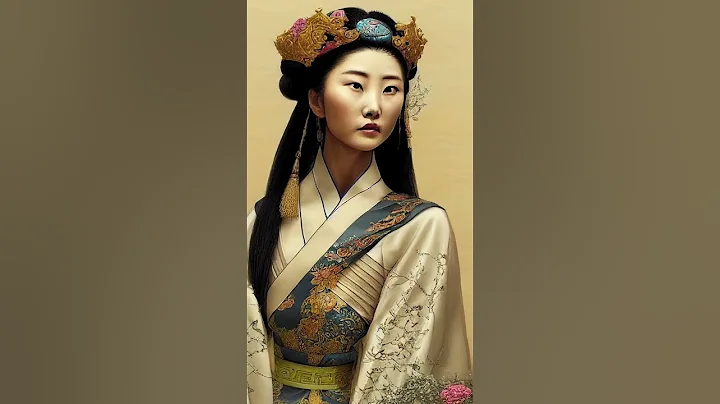
![[MULTI SUB] 《女将军娶个乞丐当王妃》红豆生南国,春来发几枝(高清全集)重磅推荐#短剧 #热门短剧 #短剧推荐 #大陆短剧 #爱情 #都市 #霸总#神豪 #shorts - DayDayNews](https://i.ytimg.com/vi/-0X550S06kM/hqdefault.jpg?sqp=-oaymwEcCOADEI4CSFXyq4qpAw4IARUAAIhCGAFwAcABBg==&rs=AOn4CLAL3wd6TA-S5xlS_ct6UG5sE6CVeg)

